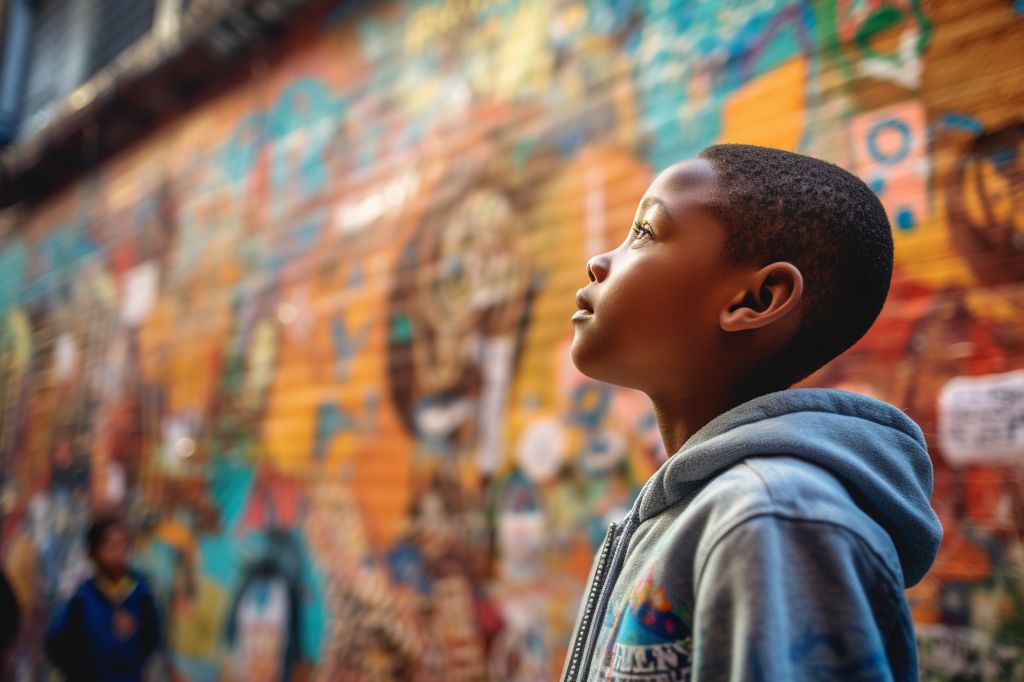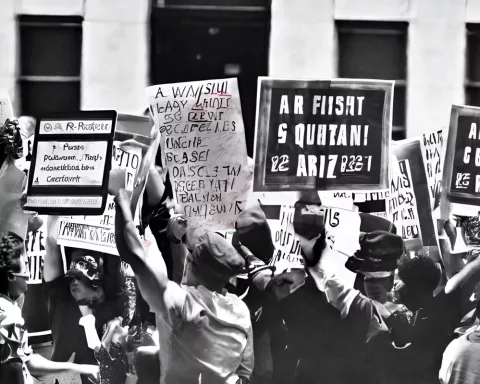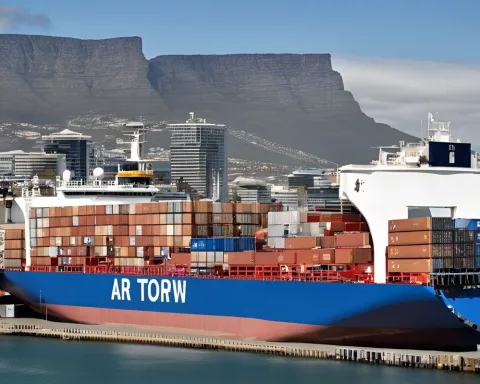The Supreme Court of Appeal (SCA) in South Africa has ruled that public display of the old South African flag is considered hate speech, unfair discrimination, and harassment based on racial grounds. This decision reinforces the country’s stance against racist behavior and conveys that such actions will be dealt with firmly.
A Landmark Judgment Against Racism
The old South African flag symbolizes the racist and repressive regime of apartheid, and displaying it only perpetuates the violence and brutality of racism. The SCA’s unanimous decision is significant and influential, especially at a time when South Africa has seen a surge in racial tension.
The Case Brought Before the Court
The case was initiated by Afriforum, a South African civil rights group that had played a leading role in the nationwide protests of 2017, called the “Black Monday protests.” During these protests, the old flag was displayed, leading to a complaint against Afriforum by the Nelson Mandela Foundation Trust (NMFT) with the Equality Court sitting in the Johannesburg High Court.
The SCA’s Decision
The SCA’s ruling amended the Equality Court’s earlier judgment, which had banned flag display in private homes. However, the SCA stated that the issue of displaying the flag in private homes had yet to be fully explored and was best left to be decided if and when necessary.
The Debate Around Freedom of Expression
The case has highlighted the ongoing debate surrounding freedom of expression versus hate speech. Afriforum failed to explain why the ban violated the rights to freedom of expression, dignity, and freedom of assembly. Judge Schippers stated that the message conveyed by the gratuitous display of the old flag was based on race – apartheid and white supremacy.
The Way, Forward
The SCA’s judgment is a starting point for further discussions around protecting human rights and combating racism in South Africa. However, it remains to be seen how this decision will be enforced, particularly in private homes. The ruling conveys that South Africa will not tolerate hate speech and discrimination.
Conclusion
The SCA’s ruling is significant in South Africa’s ongoing battle against racism and hate speech. Displaying the old South African flag represents a dark period in the country’s history and is an act of aggression towards those who suffered under apartheid. The decision demonstrates that South Africa is committed to protecting human rights and promoting a society that is free from discrimination and hate.












